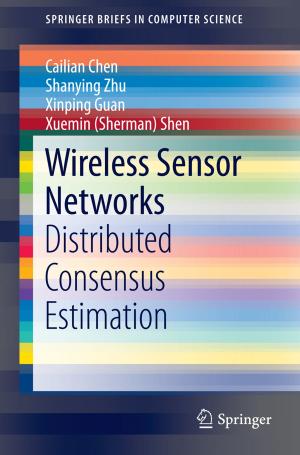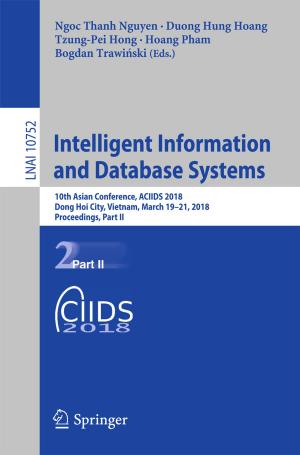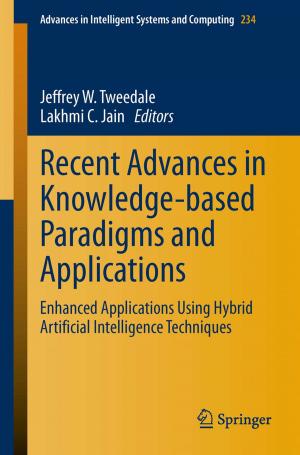Advances in Artificial Economics
Nonfiction, Computers, Computer Hardware, Input-Output Equipment, Business & Finance, Economics, Theory of Economics| Author: | ISBN: | 9783319095783 | |
| Publisher: | Springer International Publishing | Publication: | November 8, 2014 |
| Imprint: | Springer | Language: | English |
| Author: | |
| ISBN: | 9783319095783 |
| Publisher: | Springer International Publishing |
| Publication: | November 8, 2014 |
| Imprint: | Springer |
| Language: | English |
The book presents a peer-reviewed collection of papers presented during the 10th issue of the Artificial Economics conference, addressing a variety of issues related to macroeconomics, industrial organization, networks, management and finance, as well as purely methodological issues. The field of artificial economics covers a broad range of methodologies relying on computer simulations in order to model and study the complexity of economic and social phenomena. The grounding principle of artificial economics is the analysis of aggregate properties of simulated systems populated by interacting adaptive agents that are equipped with heterogeneous individual behavioral rules. These macroscopic properties are neither foreseen nor intended by the artificial agents but generated collectively by them. They are emerging characteristics of such artificially simulated systems.
The book presents a peer-reviewed collection of papers presented during the 10th issue of the Artificial Economics conference, addressing a variety of issues related to macroeconomics, industrial organization, networks, management and finance, as well as purely methodological issues. The field of artificial economics covers a broad range of methodologies relying on computer simulations in order to model and study the complexity of economic and social phenomena. The grounding principle of artificial economics is the analysis of aggregate properties of simulated systems populated by interacting adaptive agents that are equipped with heterogeneous individual behavioral rules. These macroscopic properties are neither foreseen nor intended by the artificial agents but generated collectively by them. They are emerging characteristics of such artificially simulated systems.















